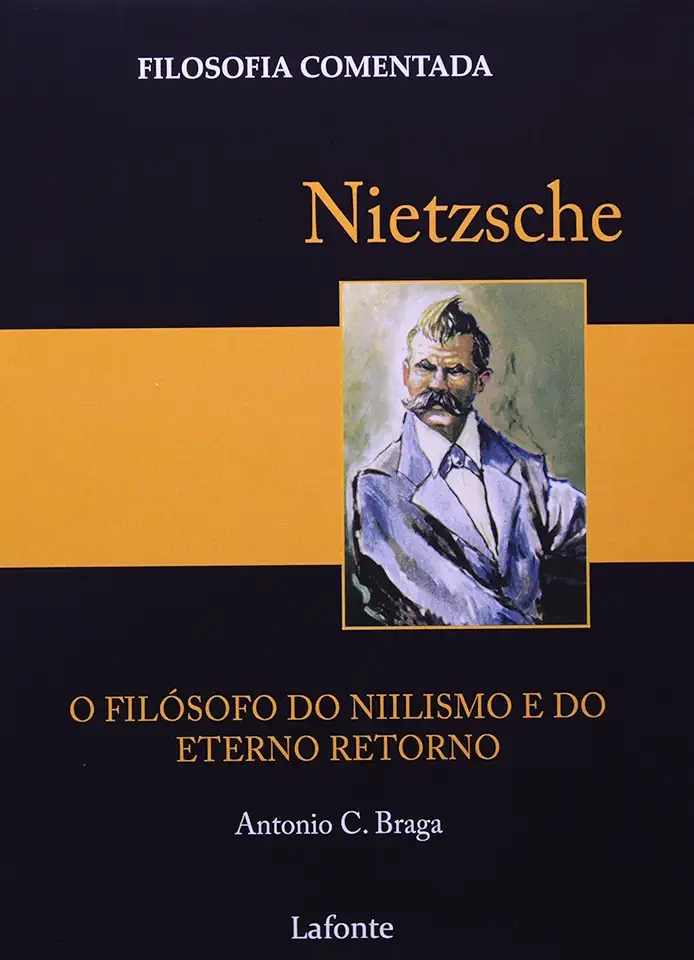
Nietzsche the Philosopher of Nihilism and the Eternal Return - Antonio C. Braga
Nietzsche: The Philosopher of Nihilism and the Eternal Return
Introduction
Friedrich Nietzsche, one of the most influential philosophers of the 19th century, is often associated with nihilism and the concept of the eternal return. In his book "Nietzsche: The Philosopher of Nihilism and the Eternal Return," Antonio C. Braga provides a comprehensive exploration of Nietzsche's philosophy, offering a unique perspective on his ideas and their significance in contemporary thought.
Nihilism and the Death of God
Braga begins by examining Nietzsche's critique of traditional morality and religion, arguing that Nietzsche saw these as sources of nihilism. According to Nietzsche, the Christian belief in a transcendent God and objective moral values had led to a devaluation of life and a loss of meaning. He famously declared that "God is dead," signaling the end of these traditional sources of meaning and the need for a new way of understanding the world.
The Will to Power and the Übermensch
Braga then explores Nietzsche's concept of the will to power, which he argues is the driving force behind all human action. Nietzsche believed that individuals are constantly striving for power, not in a political or material sense, but in a psychological and existential sense. This will to power is not simply a desire for domination, but rather a creative force that drives individuals to overcome themselves and achieve their full potential.
Closely related to the will to power is Nietzsche's idea of the Übermensch, or "overman." The Übermensch is not a superior race or a superhuman being, but rather an ideal that individuals should strive to become. The Übermensch is someone who has overcome traditional morality and religion, embraced their own unique individuality, and achieved a state of self-actualization and self-transcendence.
The Eternal Return
One of the most challenging and controversial aspects of Nietzsche's philosophy is the concept of the eternal return. Braga argues that the eternal return is not a literal belief in the repetition of all events in an infinite cycle, but rather a thought experiment designed to test the strength of an individual's will. By contemplating the possibility of the eternal return, individuals are forced to confront the meaning of their own lives and decide whether they would be willing to live them again exactly as they are.
Conclusion
Braga concludes by emphasizing the importance of Nietzsche's philosophy in contemporary thought. He argues that Nietzsche's critique of traditional morality and religion, his emphasis on the will to power and the Übermensch, and his exploration of the eternal return offer valuable insights into the human condition and the search for meaning in a world without God.
Why You Should Read This Book
"Nietzsche: The Philosopher of Nihilism and the Eternal Return" is a must-read for anyone interested in philosophy, existentialism, or the history of ideas. Braga's comprehensive and engaging exploration of Nietzsche's philosophy provides a unique perspective on his ideas and their significance in contemporary thought. This book is essential for anyone seeking to understand the complex and challenging thought of one of the most influential philosophers of the modern era.